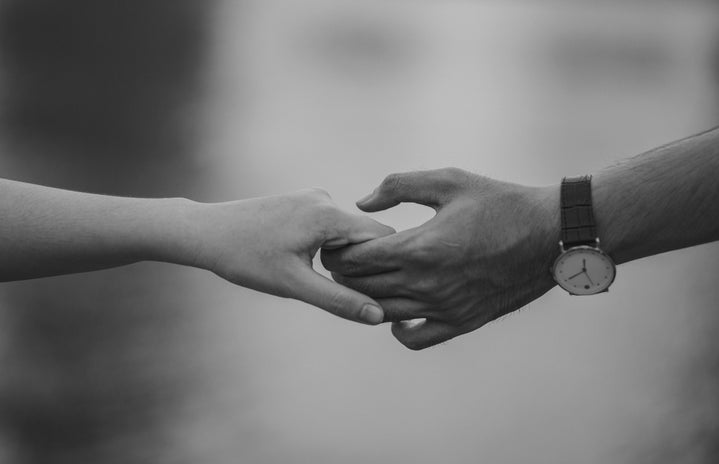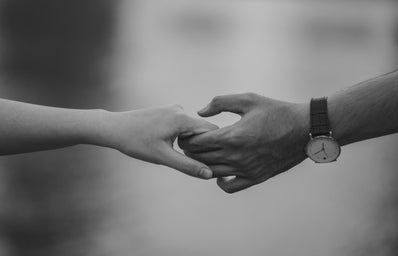On April 6, 2021, the first International Asexuality Day was celebrated, bringing awareness and celebration to one of the lesser known sexualities under the LGBTQIA+ umbrella. This is in conjunction with Ace Week, which is at the end of October. But what exactly is Asexuality, and why is it so important?
As an asexual person myself, I understand that learning different identities and trying to find one that fits is a process that can be overwhelming at first. I am going to share a little bit about my experience, but please know that everyone is different, and gatekeeping within marginalized communities is still an issue.
Asexuality is a spectrum, but the basic idea is simply that one does not experience sexual attraction (which is different from aesthetic attraction––merely liking the way someone looks). It has nothing to do with how someone feels about sex/sexual desire, though they can be intertwined. There are even subcategories like demisexual, which means that you need an emotional connection with someone before you are sexually attracted to them (and no, this is not what ‘everyone’ goes through, and it’s not okay to dismiss someone because it appears to fit a compulsory heterosexual convention). Hookup culture and being attracted to random celebrities are examples of it being more than just ‘waiting for the right person,’ which is harmful and outdated thinking.
For example, a person may not feel sexually attracted to their partner, but still partake in activities with them because a) they enjoy the activities, b) they don’t feel strongly either way but they are willing to do so with their partner, or c) just to ‘clear out the pipes’ and simply get rid of their libido. It is true that some asexual people can be sex-repulsed and therefore do not participate in sexual activities because of their negative feelings, but it is also true that some asexual people still experience libido (again, to varying degrees depending on the person). Like with any other person, setting and maintaining boundaries are crucial.
For me, I struggled a lot feeling like a late bloomer, and while I celebrate the sex positivity movement (especially in media today), I think it has gone too far in that if some teenagers don’t have some sort of experience before college, it’s considered abnormal. I often felt ashamed because I was deemed a ‘prude’. In high school, I hadn’t even had so much as a first kiss while everyone else I knew was getting into serious relationships with each other.
When I got to college, I downloaded a few dating apps. While I didn’t expect miracles, I was absolutely shocked at some of the things I experienced. I made my boundaries very clear on my bio (no sex, drinking, or smoking), and while I don’t care what other people do, I knew that these were things I was not going to compromise on (and that I shouldn’t have had to). Right away, I would get messages from guys who wanted nothing more than to question my choices, berate me for not being fun, and who felt like they could change me and my boundaries if they pushed me hard enough (their confidence levels were enviable).
I quickly grew depressed about my situation, especially watching my attractive friends and roommates go on dates, have hookups, and be flirted with. I lamented about this to some people, who basically told me my sex repulsion was something to be ashamed of. I have since separated myself from such people, but that didn’t help the simple fact that I believed I would have to put out anyway and be somewhere else mentally while things were being done to me, or that I would have to let my partner be open in our relationship, simply because I was told no one would love me or ‘put up’ with me due to my lack of sexual interest.
I have since gotten into a loving long-term relationship with someone who understands my boundaries and does not push or shame me. I do not want anyone else to go through what I went through, so I hope that anyone who thinks they may be struggling with this knows that whatever your comfort level is, you will find someone who will respect it. And if you are more comfortable with things than you initially thought, more power to you. Labels can also change–– you don’t have to continue identifying one way or another just because you’ve already come out to people about it.
Love is love, no matter how you express or feel it.


